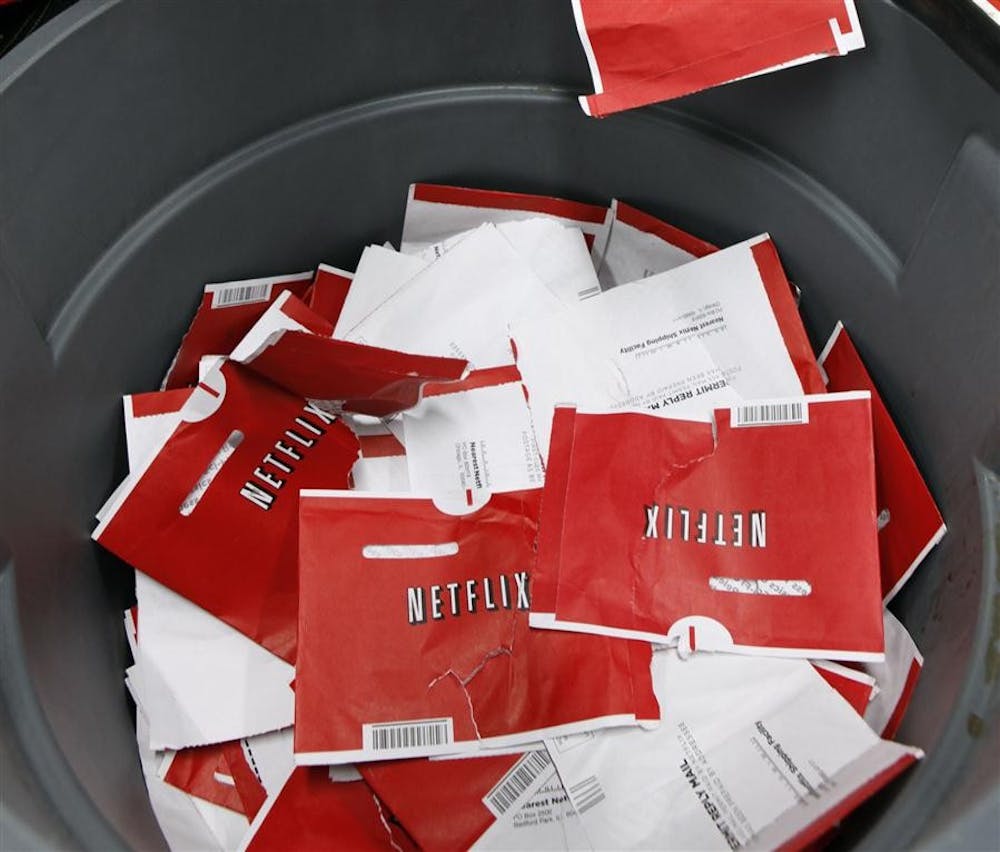When I was 10, my mom bought me the “Shrek 2” soundtrack. It became a singular obsession.
I memorized the songs. I read the liner notes. While waiting for karate lessons to start, I asked myself, “Do I like Tom Waits or Nick Cave more?” For six months, the soundtrack of “Shrek 2” became mine.
You probably have music, movies and TV shows that define certain times in your life. These times, aside from whatever you were watching or listening to, might have been uneventful.
No one was in town the summer you binge watched “Twin Peaks,”or no one was there to tell you otherwise during that winter break when you cultivated an irresponsible enthusiasm for black metal.
It’s common knowledge. We’re most open to the charms of a good album or movie when we have nothing else competing for our attention for a long stretch of time.
Before streaming, we might nurture these intense relationships with the small cross section of entertainment we could reasonably access – our “Shrek 2” soundtracks. Availability was the bottleneck for how much media could compete for our attention.
Then computers made everything available.
Internet streaming has removed some boredom from our lives and fundamentally changed how we relate to entertainment.
Now when we subscribe to these massive streaming repositories, there’s a new temptation to sample as much as we can before we commit a disproportionate amount of time to any single work.
While accessing more than 4,000 movies on Netflix and 30 million songs on Spotify is exciting, it’s also distracting.
You know this if you’ve ever spent 30 minutes looking through various queues and algorithm-curated recommendations lists, watching a handful of pilot episodes or the first couple minutes of a five different movies before giving up.
The choices overwhelm us. In the switch from CDs and DVDs to streams, we’ve traded depth of enjoyment for breadth of selection.
The common point that gets made over and over again is that this is bad, that this bounty of readily available information doled out to us in constantly updated, bite-size chunks is shortening our attention span, limiting our ability to think critically and generally making us stupider people.
Maybe that’s the case, but that’s wholly dependent on a single cultural dogma: that sustained consideration of a single work is somehow preferable to the wide, all-consuming surveys of culture that streaming encourages.
That kind of thinking made sense with physical media because physical media had clear, physical limits. It wasn’t everywhere all the time.
So while there’s value to the former mode of consumption, the latter somehow seems better in today’s environment. Our interests aren’t limited to what a Target or Walmart can stock in its aisles any more.
We’re no longer dependent on the cash in our pockets every time we want to try something new.
There’s no reason not to adventure beyond the limits of our own tastes and preferences and those of whoever else is watching or listening with us, and we still control how much attention we give something.
Listen to a De La Soul song, then go listen to Burzum. Or do the opposite and binge watch. Take in the entirety of “Planet Earth.” If you get bored and feel like watching a Lars Von Trier film, there’s no reason not to.
If you don’t like it, there’s no penalty. There’s always something else a few clicks away.
Have you seen “Shrek 2”?
Bryan Brussee
bbrussee@umail.iu.edu
@BryanBrussee




